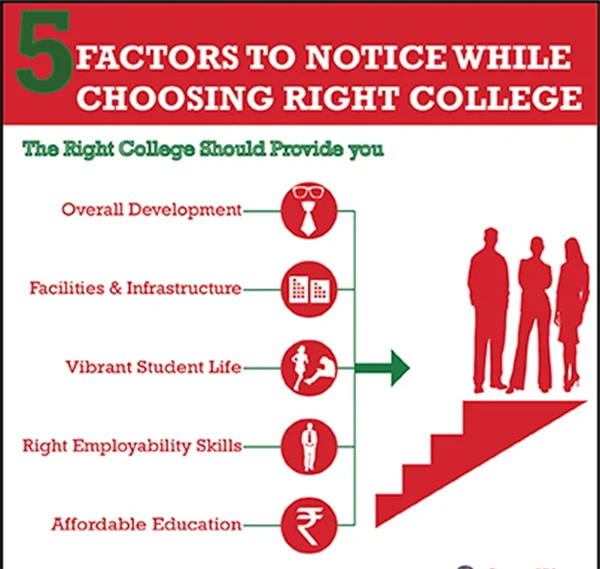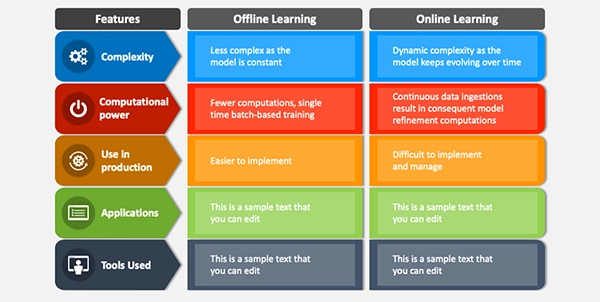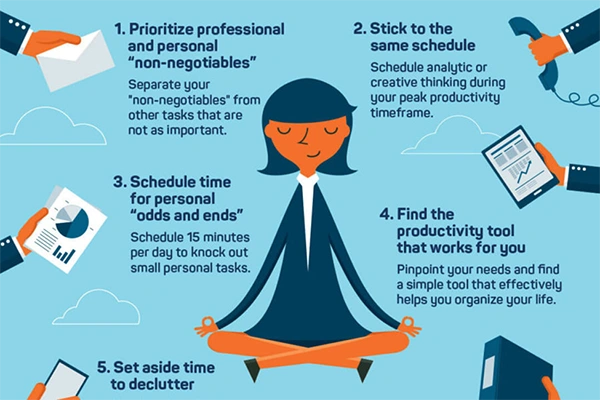“An investment in knowledge pays the best interest.”
— Benjamin Franklin
So, now that you have finally established that going out to the university would be best for you, you might be wondering what factors you need to be aware of when it comes to higher education.
Higher education is like a badge of honor that not only equips you with some highly advanced skills but also builds a rewarding career option. In fact, the majority of bachelor’s degree holders say that they are highly satisfied with the jobs they have.
Pursuing higher education requires thoughtful planning and a range of factors to consider. So, this read will be having a deep down into all the things that can enhance your higher education experience.
Let’s start! Also, learn about AI Homework Helper for Academic Success by reading this article.
The first and probably the most crucial factor to consider is to clearly define your goals and career ambitions. Having a proper career roadmap is like a visual representation of all the things you want to achieve and become.
In fact, according to a recent study, setting some challenging but clear-cut objectives can enhance your overall performance to achieve those by 90%. And, not only that, it also addressed that people who set goals are 43% more likely to achieve them.
This is why, some experts at berry.edu also suggest taking your time to ensure that the field you choose not only interests you, but also aligns with your professional ambitions.
Now that you have finally decided on the course you’re going to pursue, the next step is to choose the right college to study in. Based on the course, you can now select the type of campus environment you need and also compare the major Colleges that align with your goal. So, here are some of the factors to consider while searching for the perfect institution.

Your decision to go for a higher education is significant both academically and financially, which is why it is crucial to understand what the overall cost can include. There are a range of direct and indirect expenses associated with higher education, here take a look at them one by one:
The recent advancements in technology have revolutionized the way we learn, with online options being highly favourable for the working individuals. In fact, some recent studies suggest that if we compare the E-learning market from 2000, the industry has grown by approximately 900%, and it is expected to triple by 2025.
Choosing between online and on-campus learning methods can also depend on the course you have picked. For example, going for a medical degree requires practical learning skills that might not be possible in an E-learning environment.

Accreditation refers to a standard of quality by which an educational institution is evaluated, It is often recognized by government agencies, employers, and professional organizations. On the other hand, a degree requires students to complete some credit, which may further vary on the course or field of study. So, it is essential to carefully consider both the credentials to make an informed decision and achieve the academic success you deserve.
No doubt that prioritizing your well-being can help you better handle your academic challenges. So, to achieve a healthy lifestyle, you can incorporate a range of habits into your schedules such as regular exercising, a balanced diet, and completing a proper sleep cycle. Or you can even go for some stress management techniques like yoga and meditation to prevent burnout and improve your overall satisfaction with life.

No matter how much you neglect it, in the end, a satisfied job placement is what you’re doing the job for. As a result, students are often advised to seek alumni guidance if the institution provides proper job placement support or not.
Higher education is a rich asset that promotes the personal and professional development of an individual. In fact, according to a Forbes survey, individuals with a bachelor’s degree earn twice as much as non-graduates. This is why, pursuing higher education is probably the most critical academic decision and by considering the mentioned factors, students can make sure they opt for a perfect course and college.

Thanks for choosing to leave a comment. Please keep in mind that all comments are moderated according to our comment Policy.